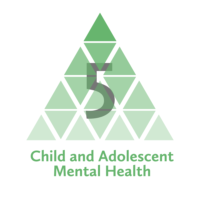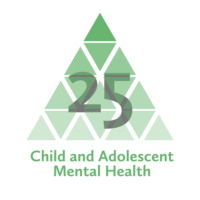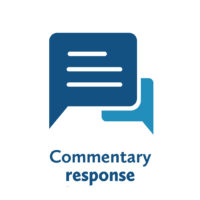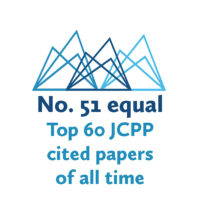Developmental Language Disorders (DLD)
-

Developmental Language Disorder in Children and Young People
Developmental language disorder (DLD) is diagnosed when a child’s language skills are persistently below the level expected for the child’s age. In DLD, language deficits occur in the absence of a known biomedical condition, such as autism spectrum disorder or Down syndrome, and interfere with the child’s ability to communicate effectively with other people. Expressive language is characterised by non-specific words and short simple sentences to express meanings beyond the age at which children may be using more complex language.
Read more -

Most cited CAMH paper joint #5 of 25: Parental Report of Infant Language Skills: A Review of the Development and Application of the Communicative Development Inventories
James Law, Penny Roy.
Read more
Key Practitioner Message includes; Although they (CDIs) are versatile, efficient and valid, they should not be considered a panacea for child language assessment and particularly for predicting persistent language delay. -

Most cited CAMH paper #25 of 25: Review: The impact of motor development on typical and atypical social cognition and language: a systematic review
Hayley C. Leonard, Elisabeth L. Hill.
Read more
Key Practitioner Message includes: Significant relationships exist between the development of motor skills, social cognition, language and social interactions in typical and atypical development -

Neurodevelopmental Disorders, an interview with Dr Max Davie
Dr. Max Davie talks about Neurodevelopmental Disorders, and how you can get involved in ACAMH’s Neurodevelopmental Special Interest Group.
Read more -

Reply to Dr Sinead Rhodes’ commentary
A reply to Dr Sinead Rhodes’ commentary: co-occurrences between motor skills, executive function and language skills from early in development, a commentary on Gooch et al. (2014)
Read more -

Most Cited JCPP Articles #51 of 60
Most cited JCPP papers #51 of 60: Developmental language disorders a follow-up in later adult life. Cognitive, language and psychosocial outcomes
Read more -

Parents should keep talking to boost infant language development
Children from low socioeconomic status (SES) backgrounds tend to have poorer language skills when starting school than those from higher SES backgrounds. Now, data shows that increasing the amount of “contingent talk”— whereby a caregiver talks about objects that an infant is directly focusing on — within an infant’s first year of life promotes a wide vocabulary later in infancy.
Read more -

Language stability in primary school-aged children hinders catch up for those with language disorders
In 2017, the Journal of Clinical Psychology and Psychiatry published the latest results of the Surrey Communication and Language in Education Study (SCALES), in which Courtenay Frazier Norbury and colleagues investigated language growth and stability in a population cohort of children with varying degrees of verbal and nonverbal cognitive abilities and a wide range of additional diagnoses.
Read more -

Processing speed determines dyslexia risk
Males exhibit a lower average reading performance than females, according to new data from Anne Arnett and colleagues. The researchers devised a framework to first validate the apparent sex difference in prevalence of dyslexia and then determine which cognitive correlates may underlie this difference.
Read more -

The Parent Blame Game
Seventy years ago Leo Kanner published his seminal paper describing autism. In that paper he also coined the term “refrigerator mother” apportioning some of the cause for the distinctive profile of autistic behaviour to cold, harsh parenting practices.
Read more